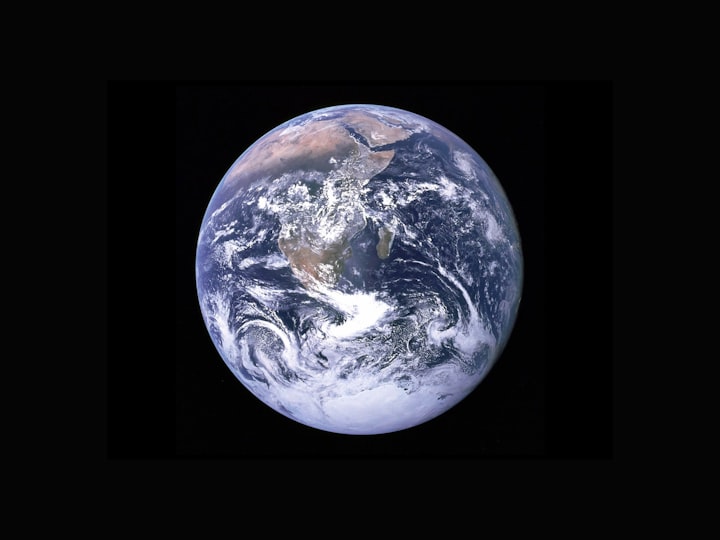
black hole
A black hole is a region of space-time where gravity is so strong that nothing, including light or other electromagnetic waves, has enough energy to escape. The general theory of relativity predicts that a sufficiently compact mass can warp space-time to form a black hole.
Discovering the giant of the universe They discover the largest black hole in are history found
Welcome to science today In today's chapter we are going to explore The discovery of one of the biggest Black holes have been found using a The space-time trick predicted by Albert Einstein himself
Now let's dive in Discovery of ultramassive black Astronomers have recently Discover an ultramassive black hole That is, more than 30 billion times the mass of our Sun, this gigantic black hole is 2.7 billion light-years away.
from Earth in the brightest galaxy in the galaxy cluster Abel 1201 This discovery is even more fascinating. The method used to detect Gravitational lensing, a technique based on Einstein's general theory
Relativity
2. Einstein's General Relativity and Gravitational Lensing According to Einstein's theory of General Relativity Massive objects The fabric of space-time is warped space sets the rules for how energy and matter move
When light passes through one end of the curved region of space-time that follows Walk and turn until
emerges as an extended arc called Einstein's Ring
This effect is known as gravitation. Lensing can be used to detect celestial objects that might be invisible.
3 The discovery process Black holes The team of researchers led by Dr. James Nightingale from Durham University U
Gravitational lensing to observe a Giant arc of distorted light at the bottom of the galaxy this light had been stretched out and distorted by the immense The gravitational field of the ultramassive Analysis of black holes in high resolution Hubble Space Telescope images and running simulations on the Dirac The researchers' cosma8 supercomputer The size of the black hole could be determined based on how it had bent the Light The significance of the discovery The ultramassive black hole is one of the
The largest ever detected at the upper limit of how big black holes can be Theoretically, this is exciting The discovery not only sheds light on the existence of these cosmic monsters It also opens up new possibilities for studying their growth, an impact on The gravitational lens of the universe can Especially useful for studying Inactive black holes that do not produce light and radiation Normally used to detect
5. future implications
Dr. Nightingale and his team believe that Using Gravitational Lensing Can Help Discover Many Black Holes Beyond Our Planet The Local Universe Reveals How These Exotic Objects Evolved Throughout the Cosmos This method also has the potential to discover much more quiescent The most massive black holes Previously it was thought that researchers to investigate how they have grown to such huge dimensions with the development of future large-scale telescopes that we can look forward to further exploration The mysteries of black holes
A black hole is such a massive object that nothing can escape its intense gravity. Theory predicts that high-mass stars, when they die, collapse in on themselves. Then, an object is created that would attract to itself all matter that comes close to it, like a great cosmic vacuum cleaner.Apr 26, 2022
some information
are sun 109 time bigger then are earth and this black hole 30 billion time bigger then are planet so you can imagen how big is that is an other wonder of nature and other thing this is not only black hole we know so many already found
I hope you enjoy this episode of science today





Comments
There are no comments for this story
Be the first to respond and start the conversation.